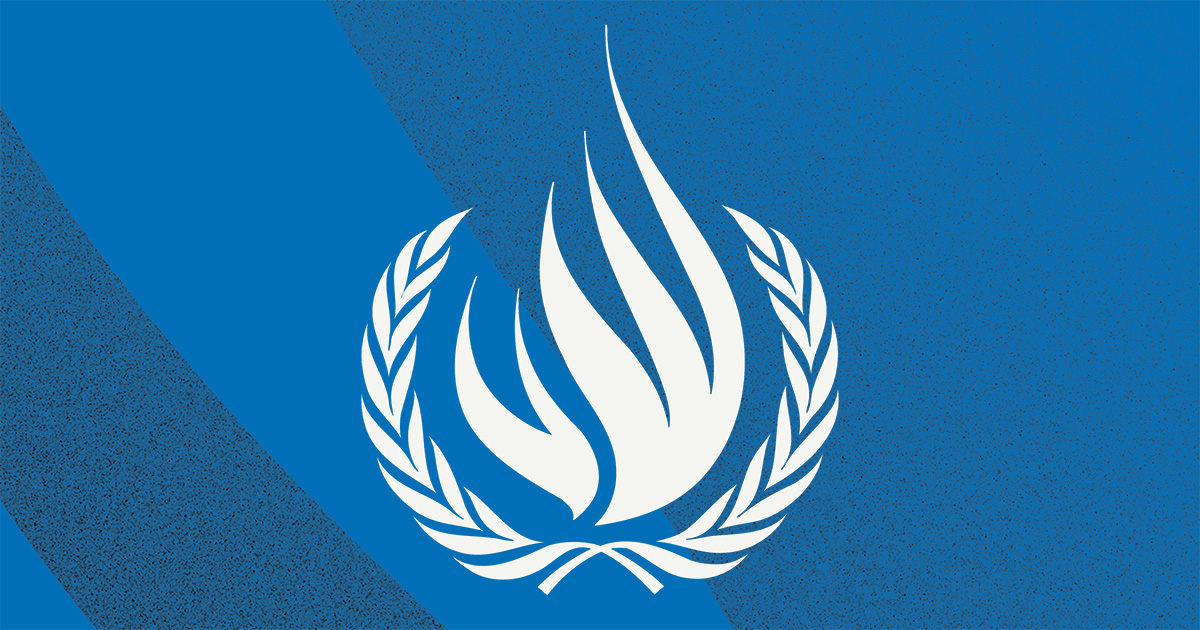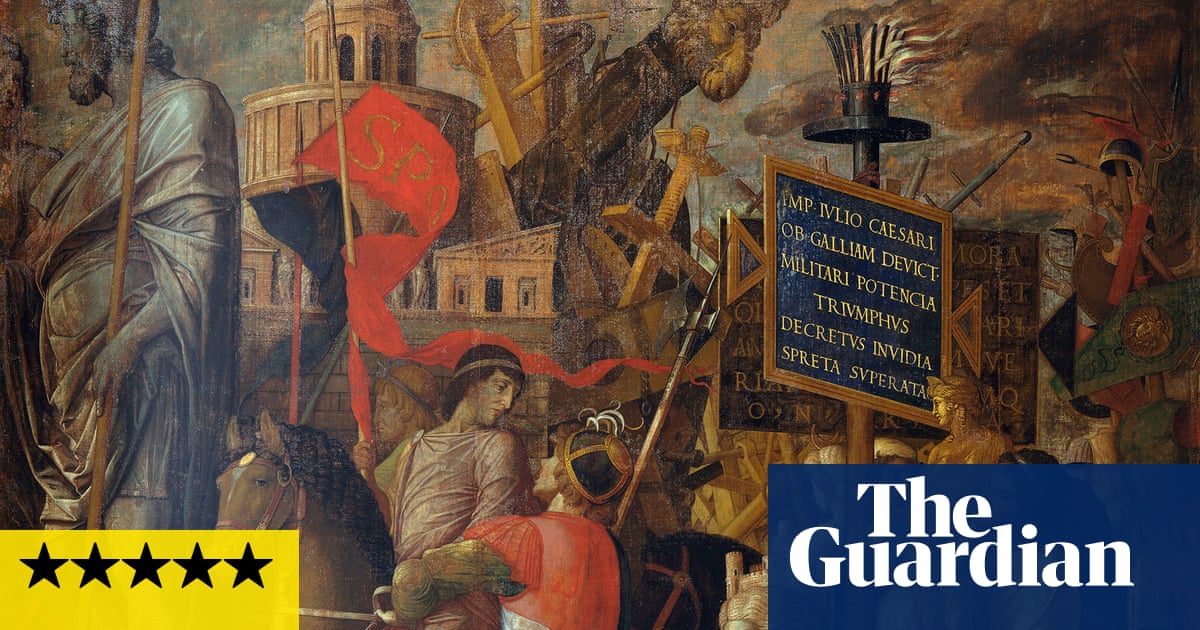
Sudanese and Saudi cinema are blossoming
LONDON: When Rabih El-Khoury first visited Berlin for its international film festival in 2007, he was struck by the similarity of the German capital’s Wall, which used to separate East from West, and the Green Line that demarcated his hometown of Beirut during the Lebanese Civil War. That similarity has informed his perspective on Berlin — where he has now lived for six years —ever since. El-Khoury works as diversity manager for Deutsches Filminstitut & Filmmuseum Frankfurt (DFF) and is curator of Alfilm, the city’s Arab Film Festival. This year he has also curated the UK’s 2020 SAFAR film festival, organized by the Arab British Council, bringing his extensive experience of covering Arab cinema to the event.
He appreciates Berlin for its “openness and multiculturalism,” while conceding that “it has its fair share of racism and prejudice, such as you would find anywhere else.” But, as he told Arab News, it was Beirut that “made me who I am today.” A few weeks ago he returned to the Lebanese capital with a sense of dread to make contact with family and friends in the aftermath of the devastating port explosion and to see the results for himself.
What he found, alongside the obvious blast damage, was a general loss of hope among the people. This, he said, “was much more heartbreaking for me than the physical devastation.”
“People have very little confidence in the future so long as the political elites stay in power. They cannot even retrieve their money from the banks. Basically, leaving is on everyone’s minds, but it is very difficult to leave without money. The people have not only lost relatives and homes — their dreams have also been stolen,” he said. He added that a scene from 2014’s “The Valley,” by Lebanese director Ghassan Salhab, came to mind as he surveyed the ruins of his city because it contained a reference to the possibility that “Beirut may disappear.”
Another painful aspect of his return to his home city was the fact that the renowned Metropolis Art House Cinema — on of the few in the region that showed films that did not make it onto commercial screens — closed its doors in January due to a business dispute.
El-Khoury joined the Metropolis as administrator when it opened in 2006 and eventually became managing director.
“There is no cinema at the moment and the team has been shattered by the repercussions of the blast and the political situation,” he said. “It is very difficult for them to continue but they have a fantastic spirit and a director who is very keen to push things forward and make sure that culture becomes available again to everyone.” DFF is raising money to that end, El-Khoury said, as well as for filmmakers in Beirut “who have lost so much.”
Much of El-Khoury’s working life has been dedicated to the promotion of Arab cinema — he has organized more than 20 Arab film weeks around the world. And despite the current situation, he sees many promising signs for the industry in the MENA region.
“Sudanese and Saudi Arabian cinema are blossoming. There are so many emerging talents, and filmmakers such as Amjad Abu Alala and Suhaib Gasmelbari in Sudan and Shahad Ameen and Abdulmohsen Aldhabaan in Saudi Arabia offering broader subjects,” he said. “With emerging countries, you are seeing completely different things compared to countries such as Egypt with a longer history and experience of film. “We cannot yet talk about an Arab film industry as such, but we are advancing in the right direction,” he continued. “We see there is support for filmmakers and producers to come up with new and exciting projects, but funding — especially state funding — will be very tricky over the next few years across the world due to the pandemic.”
He expressed his disappointment at the apparent cessation of the Dubai Film Festival.
“It’s a real loss, not just for the UAE, but for Arab film generally, because so much was achieved. It was a fantastic initiative and many people were discovered during the festival. The problem with the Gulf, in my view, is that so many initiatives are launched but not maintained,” he said.
But overall he maintains a positive outlook: “I am looking forward to seeing what will emerge and how people reflect on their societies,” he concluded.









